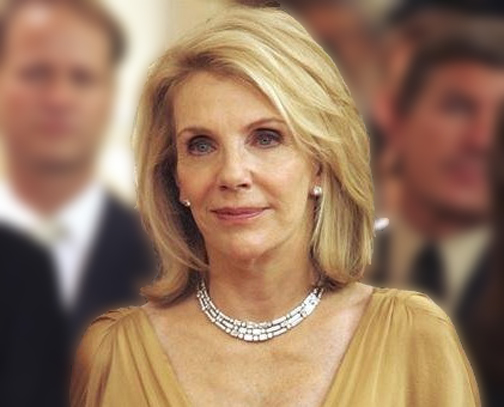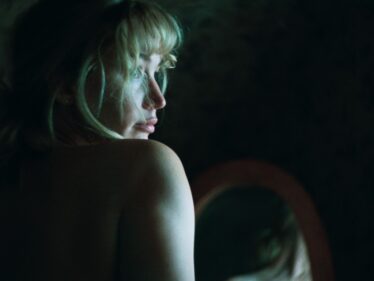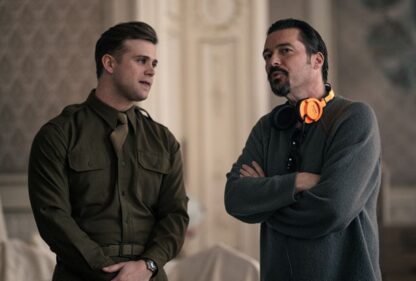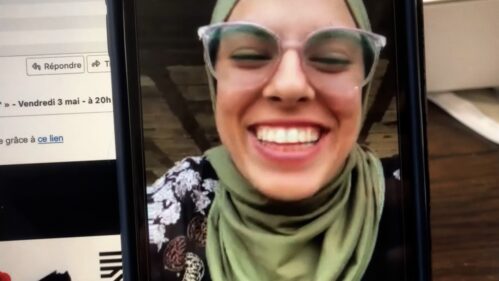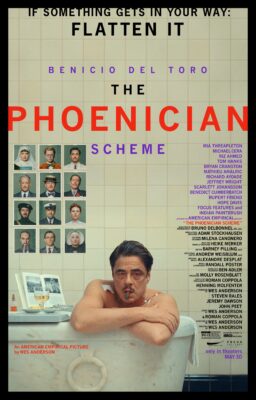I don’t believe Jill Clayburgh would have approved of the headline over her obituary in The New York Times, which said she “starred in feminist roles.” They were roles. They were real roles, for a real woman. How did that make them feminist?
Miss Clayburgh, who died Friday at 66, was one of the great stars of the 1970s and 1980s. She was named best actress at Cannes for “An Unmarried Woman” (1978), which won her great acclaim, but her other best role, in “Shy People” (1987) went sadly overlooked.
She was in many other notable movies, including “Starting Over” (1979), which won her second Oscar nomination in two years, and “First Monday in October” (1981), playing the first woman on the U. S. Supreme Court, and although she dealt with leukemia for 21 years, she continued to work in movies and on TV, and appears in “Love and Other Drugs,” opening soon.
“An Unmarried Woman” was her breakthrough role. She’d been in the box office disaster “Gable and Lombard” and two comedies, “Silver Streak” and “Semi-Tough,” neither of which offered much opportunity for an actress. Paul Mazursky, the writer and director of “An Unmarried Woman,” told me he cast her on a hunch.
“I had a choice,” he said at the time, drinking coffee in his office at 20th Century-Fox. “I could go with one of the known star actresses, maybe someone like Jane Fonda. Or I could go with a hunch. The hunch was Jill Clayburgh. I’d had her read for me on two previous films, ‘Blume In Love’ and ‘Greenwich Village.’ She’d read terrifically both times. But both times I wound up casting someone else. And in the work she had done in films, she’d never really come across as well as she’d read for me.
“Some friends saw her on TV, in ‘Hustling,’ based on that Gail Sheehy book. They said she was good. I asked her to come in and read again. She was good. I cast her as my lead. She turned out to be better than I could possibly have expected.”
The film became a career milestone for Clayburgh, who was nominated for an Oscar (Fonda won, for “Coming Home“). She won the hearts of audiences right at the beginning. Alone in bed, she hears “Swan Lake” on the radio, and leaps from the bed and dances around the living room in a T-shirt and panties, and before we’ve quite realized what’s happened, she became a star.
In 1987 she filmed “Shy People” for director Andre Konchalovsky, co-starring with Barbara Hershey and Martha Plimpton. She played a New York magazine writer who convinces her editor to let her write about her family roots. The assignment takes her into Louisiana bayou country, where she and her daughter (Plimpton) discover a long-lost cousin living in poverty. In one night sequence, Clayburgh is neck-deep in swamp water and has a possible mystical experience. It is one of the great overlooked films.
She worked steadily in movies, on the stage and on TV, where she played Ally’s mother on “Ally McBeal.” In 1978 she married the playwright David Rabe, and is survived by her husband, a daughter Lily Rabe, also an actress; a son, Michael; a stepson, Jason; and a brother, James. Death came at her home in Lakeville, Conn.

